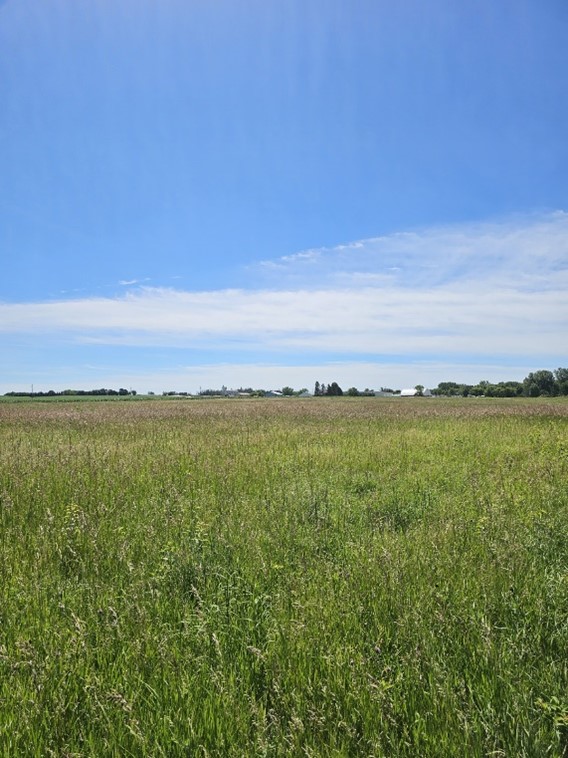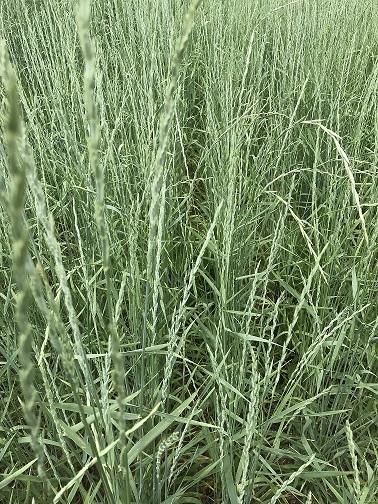Source Water Protection (SWP)
- SWP Home
- Protecting Drinking Water Sources
- SWP Requirements and Recommendations
- SWP Grants
- Groundwater Protection Initiative - Accelerated Implementation Grant
- SWP Awards
- Laws and Rules
- SWP Web Map Viewer
- Surface Water Program
- SWP Reports and Data
- SWP Implementation Resources
- Source Water Assessments
- Stories from the Source
Related Topics
- Water: Business and Government
- Drinking Water Information for Consumers
- Water Testing and Data Reports
- Minnesota Well Index
- Clean Water Fund
Environmental Health Division
Adrian’s Collaborative Efforts Against Nitrate
Stories from the Source
The City of Adrian is a small farming community located in Nobles County, in the southwest part of Minnesota. Adrian has experienced elevated levels of nitrate in its groundwater, prompting the city to treat their drinking water to reduce nitrate levels and comply with the Safe Drinking Water Standard. Adrian Public Utilities collaborated with Minnesota Rural Water Association (MRWA) and Minnesota Department of Health (MDH) to develop and implement a Wellhead Protection Plan aimed at addressing nitrate in their drinking water.
Adrian operates three drinking water wells situated near farmlands. Nitrogen is a nutrient included in most fertilizers to increase row crop productivity and yield. However, nitrogen not taken up by crops can leach into drinking water sources, depending on factors like precipitation and geology. One tool that has been effective in mitigating nitrate levels in groundwater is planting perennial native species.

Staff from Minnesota Rural Water Association, Board of Water and Soil Resources (BWSR) and Nobles County Soil and Water Conservation District (SWCD) collaborated to enroll three separate parcels of land next to the drinking water wells into perpetual easements. Enrolling these parcels into perpetual easements and planting native species will provide long-term protection from nitrate contamination. Additionally, Nobles County SWCD staff, with approval from landowners, planted cover crops on fields which will further reduce nitrate loading to the aquifer.

Close cooperation with local farmers has had a profound effect in Adrian’s efforts to decrease nitrate levels in drinking water. Collaborating with farmers and landowners on utilizing cover crops and native plant species for nitrate reduction is essential to achieving the shared goal of safe drinking water.
One example of an effective cover crop is Kernza (pictured left), a perennial grain that supports healthy soils and protects water resources.
Through collaborative efforts involving farmers, landowners, MRWA, BWSR, MDH and Nobles County SWCD, there has been a successful reduction of nitrate levels in the City of Adrian’s drinking water supply.

